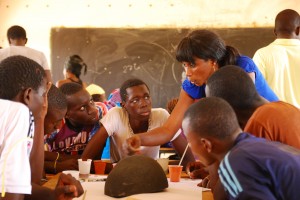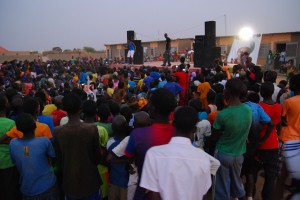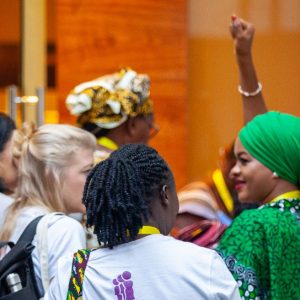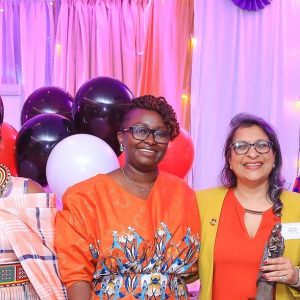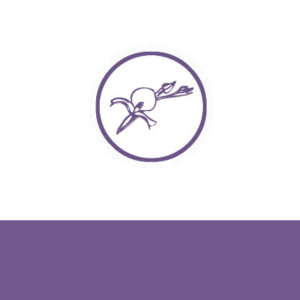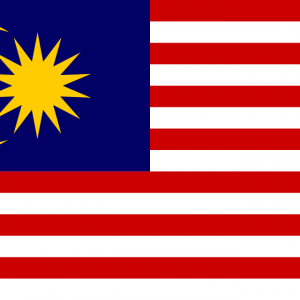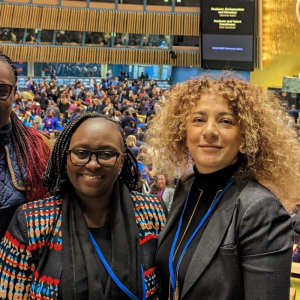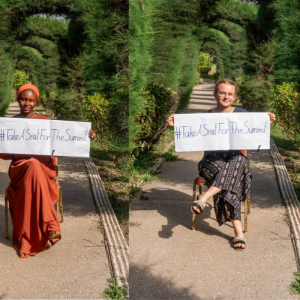Sister Fa has been running her ‘Education sans Excision’ (education without cutting) awareness raising campaigns now for six years, and she is showing no signs of slowing down. It is 9:30pm on a stupendously hot Monday evening in the Fouta region of Northern Senegal. Sister Fa, or Fatou Diatta, has just finished a storming 60 minute performance to a crowd of about 1,000 people in the town of Peté in the Fouta region. As she sits in her touring van, children outside chant her name and bang on the windows, hoping to get a brief chance to chat with the Senegalese star.
Many of the children know who Sister Fa is, although she has not been heard often on the airwaves in Senegal recently; her last album, ‘Sarabah’, was released over three years ago. She is currently working on a third studio album, but in her own words, ‘The record label will have to wait, I need to do this tour.’ Her tours are lively affairs that include school education programmes in local secondary school where Sister Fa raises the topic of FGC through discussions and activities based around human rights. In the evenings she performs free concerts on similar themes, which prove very popular.
This tour is a two week trip that takes in the small, poverty stricken nation of Guinea Conakry, and the rural, conservative region of Northern Senegal. These locations aren’t picked at random. Last year Sister Fa spent four weeks touring Southern Senegal and this year wanted to go somewhere new. Her choice was Guinea Conakry, an area undergoing great turmoil at present, which has a prevalence rate of over 95%.
Sister Fa spoke to Khalidou Sy, National Co-ordinator of our partner Tostan in Senegal, who recommended she take ‘Education without Cutting’ north, in part due to the extremely high prevalance rate, with 9 in 10 women experiencing FGC. It is a region with prevalence still markedly high compared to most other areas of Senegal, where rates of FGC are falling quickly. Here, the social norm is hard to discuss, let alone shift. It is dry and dusty country bordering with Mauritania, the pastoralist population increasingly sedentary.
Here in the Fouta, FGC is Type III, or infibulation. This means the girl’s or woman’s clitoris and labia are removed and the vagina sewn closed. With limited healthcare available, most people have a story to tell of a relative who has suffered severe consequences from the FGC they have undergone. In such a conservative region, openly discussing something as taboo as FGC is difficult and the road to even being able to open a dialogue has taken years. It is this challenge that Sister Fa is meeting head on, bringing her message of hope and change to the youths in the towns she visits.
Despite the unrest in Guinea Conakry, her first visit there in the earlier part of the tour was a success. Sister Fa met with over 30 Guinean musicians to discuss activism and the role they can play in ending FGC. They were so inspired that an impromptu concert was staged by the group, broadcast over national television. Guinea has little electricity and things rarely happen with such speed – it was more than the touring group could have hoped for. Following this brief stint, the group travelled to Northern Senegal, where I joined them in Peté. With a population of around 6,000, Peté is typical of the small settlements that line the main road in the north. Small houses cluster around intricate mosques, often built with donations from diaspora communities abroad.
Sister Fa was welcomed with open arms to this leg of her tour. It was hard to move in the classrooms as she gave her presentations and encouraged children to represent their human rights through artwork-based activities, with children battling each other to get a view through the windows. Later, at the concert, a huge range of young and old alike turned up to hear her message, dancing and singing along to songs of love, peace and hope.
Such was the buzz created by her arrival that many young people took it upon themselves to conduct research into the topic of FGC before her arrival. Baba Demba Diof spent hours researching and writing up information on FGC, all from the internet on his mobile phone. It is this sort of dedication from those she reaches out to that drives Sister Fa, and ensures her message of hope that FGC can end is heard loud and clear across West Africa.

